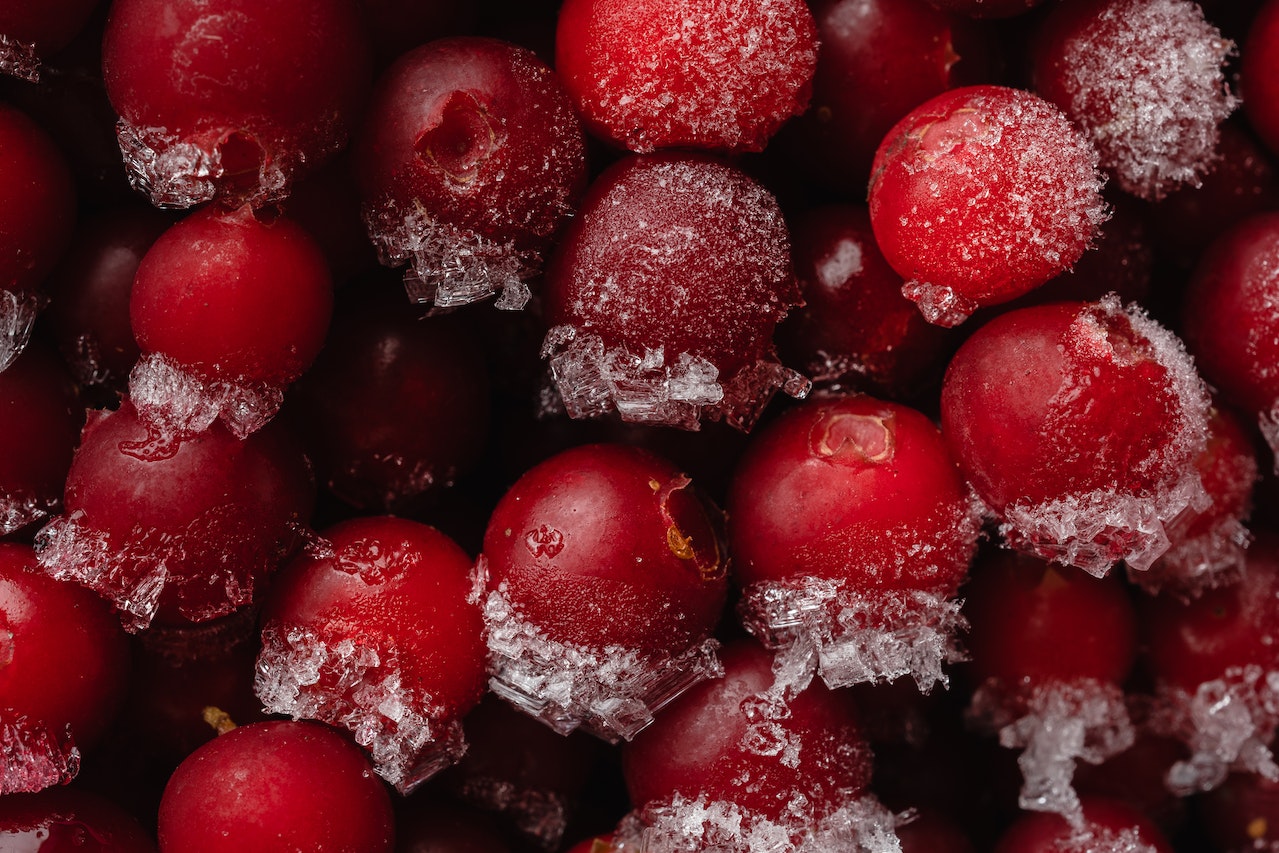Freezing fruits is a fast and convenient method of preserving food at home. This can maintain the fruits’ nutritional value. Researchers are stating that frozen fruits are even healthier than raw and freshly-picked fruits. Here is also a list of fruits that are best frozen.
Freezing fruits or food, in general, is a conventional method of preservation in developing countries. In these countries, freezing food to preserve is an easier and more convenient way to preserve food than other commercial means.
The methodologies and procedures of freezing food are based on three significant scientific aspects: chemical and physical reactions, the impact of freezing fruits on their tissues, and food microbiology.
So, if you wonder what happens when we freeze fruits, here is a quick rundown of some of the things happening when we freeze fruits.
The chemicals change
When fruit is picked from its tree or plant source, it undergoes specific chemical changes that can still lead to spoilage and fruit deterioration. When the fruit is frozen, its degree of ripeness can be preserved, keeping the taste and its nutritional values.
Enzymes are inactivated
Freshly-picked fruits contain chemical compounds or enzymes that also lead fruits to lose their color and nutrients and change their flavor. To prevent these from happening, enzymes must be disabled to preserve these fruits’ color, taste, and nutrients.
Ascorbic acid increases
Ascorbic acid or vitamin C is often lost with enzymes still present in freshly picked fruits. Ascorbic acid is essential in halting the deterioration process. As freezing deactivates the enzymes, this also increases vitamin C, which controls enzymes to avoid further deterioration.
Air presence and airflow are regulated
Exposure of fruits to air creates chemical changes that result in the development of rancid oxidative flavors. This is one of the significant causes of food deterioration. In particular, this results in degradation of food quality because of the formation of undesirable smell, loss of flavor and color, and browning.
With this being said, freezing fruits must ensure that the air is removed when fruits are placed in containers or bags. Furthermore, the use of extra wrapping material also prevents air from passing into the fruit. This is a more efficient way of food freezing.
Texture is altered
Just like the human body, the majority of the fruits are also comprised of water. Ninety percent of most fruits’ weight is attributed to their water content. These are stored in their cell walls, the exact structure that provides fruits, support, structure, and texture. Therefore, when fruits are frozen, their water content is also frozen, leading to some texture changes.
Fruits are softened
When fruits are frozen, their water content is frozen, resulting in the formation of ice crystals. Eventually, the cell walls rupture. When these fruits are thawed or served after a considerable time after they were frozen, they become softer. This is very noticeable on tomatoes. Frozen and thawed tomatoes are noted to be mushy and watery.
Commonly Asked Questions on Freezing Fruits
Some of you might be wondering what the maximum amount of food that can be frozen at a time is. Well, it is recommended that you only freeze 2-3 pounds of food per cubic foot of freezer space. Note to set the freezer temperature at minus 10 degrees F to achieve a quality freezing outcome. Once the fruits are already frozen, keep the temperature at zero degrees F or less.
Some people are also asking if the food will spoil if it stays frozen way longer than its recommended freezing time. The answer is no. Fruits are stored longer than they are supposed to remain edible; however, you may notice some changes in flavor, color, and texture due to their time exposed to the chill. Frozen fruits are recommended to be consumed within 8-12 months. It is this time frame that they still contain their best quality. When eaten way beyond this period, the fruits may have some flavor, color, and texture changes, as also mentioned above.
Knowing what really happens when you freeze fruits can actually garner you additional knowledge on the subject that you can use to improve your methods, especially if you live in developing countries where freezing fruits is a common thing or if you just want to preserve your food at home.
Food preservation will remain to be one of the most significant skills to have at home. This can definitely save you time, money, and resources from going back and forth to the grocery stores to purchase food when you can have your own stocks of frozen fruits or food ready for consumption.
